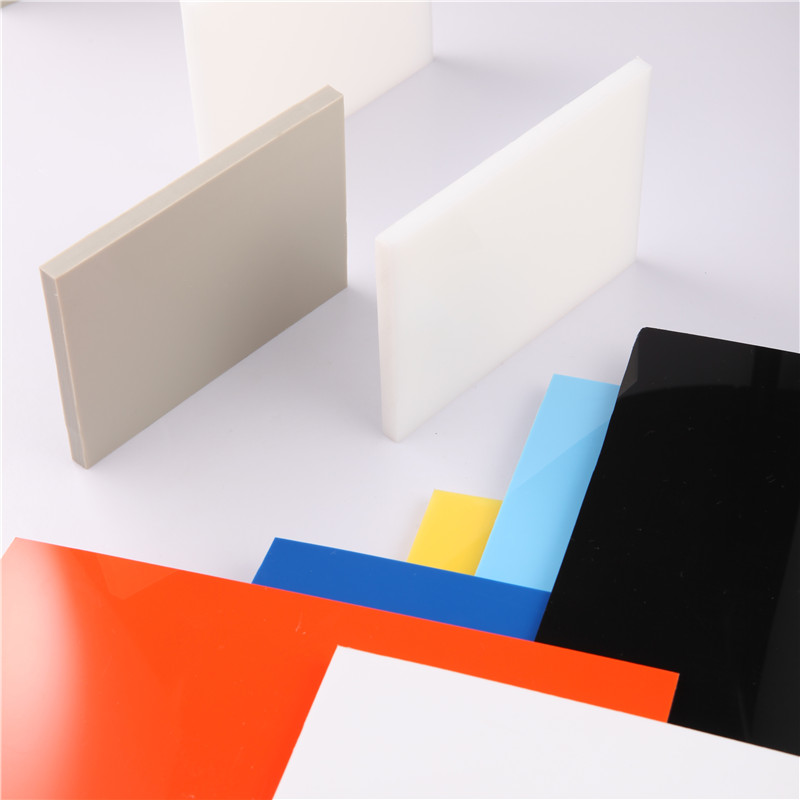Dec . 21, 2024 12:55 Back to list
hdpe sewer pipe
The Benefits and Applications of HDPE Sewer Pipe
High-Density Polyethylene (HDPE) sewer pipes have become a popular choice in the world of urban infrastructure and wastewater management. These pipes are known for their numerous advantages over traditional materials like clay, concrete, or PVC. This article explores the benefits, applications, and importance of HDPE sewer pipes in modern plumbing systems.
Understanding HDPE
HDPE is a thermoplastic made from petroleum, characterized by its high strength-to-density ratio. This material is resilient and flexible, making it ideal for various applications, including wastewater and sewer systems. The production process of HDPE involves polymerization, transforming ethylene into a robust material that offers exceptional durability and resistance to environmental stressors.
Key Advantages of HDPE Sewer Pipes
1. Durability and Longevity One of the most significant benefits of HDPE sewer pipes is their exceptional durability. These pipes can withstand harsh environmental conditions, including extreme temperatures and corrosive substances. Their resistance to chemical degradation ensures they remain functional for decades, reducing the need for frequent replacements.
2. Flexibility HDPE pipes are highly flexible, allowing them to be installed in various configurations and terrains. This flexibility enables them to adapt to ground movements, reducing the risk of cracking or breaking under stress. This characteristic is particularly beneficial in areas prone to earthquakes or shifting soils.
3. Lightweight Nature Compared to traditional materials, HDPE pipes are significantly lighter, which simplifies transportation and installation. The reduced weight leads to lower labor costs and allows for easier handling, making the installation process quicker and more efficient.
4. Smooth Interior Surface The inner surface of HDPE pipes is smooth, which facilitates better flow rates and reduces the likelihood of blockages. This feature is essential for sewer systems, as it minimizes the risk of wastewater buildup and ensures efficient drainage.
5. Resistance to Root Intrusion Unlike clay pipes, which are vulnerable to root penetration from nearby trees and plants, HDPE pipes are impervious to such intrusion. This quality significantly decreases the chances of pipe damage and subsequent sewer failures, ensuring reliable service.
hdpe sewer pipe

6. Environmentally Friendly HDPE is recyclable, making it an eco-friendly option. The use of this material contributes to reduced environmental impact by minimizing waste and promoting sustainability in construction practices. Additionally, the longevity of HDPE pipes enhances their environmental benefits, as they need to be replaced less frequently than traditional materials.
Applications of HDPE Sewer Pipes
HDPE sewer pipes are versatile and can be utilized in a range of applications
- Municipal Sewage Systems Many cities and municipalities have adopted HDPE for their sewage and stormwater management needs. Its durability and low maintenance requirements make it an attractive option for urban infrastructure.
- Residential Plumbing In residential developments, HDPE pipes can be used for both sewer and drainage systems, providing homeowners with reliable and long-lasting solutions.
- Industrial Applications Industries that require robust plumbing solutions often choose HDPE for its chemical resistance and durability. It is ideal for managing wastewater produced in manufacturing processes.
- Agricultural Systems HDPE pipes are also used in agricultural drainage systems. Their ability to manage groundwater and runoff efficiently promotes sustainable farming practices.
- Telecommunications In addition to sewer applications, HDPE pipes are widely used in telecommunications as conduits for fiber optic cables, owing to their flexibility and durability.
Conclusion
In summary, HDPE sewer pipes represent a modern solution to age-old plumbing challenges. Their numerous advantages, including durability, flexibility, lightweight nature, resistance to root intrusion, and environmental friendliness, make them a preferred choice for various applications. As urban areas continue to grow and evolve, the demand for reliable, efficient, and sustainable sewer systems is paramount. The adoption of HDPE sewer pipes not only meets these demands but also contributes to the long-term efficiency and sustainability of municipal and industrial infrastructure. With ongoing advancements in technology and materials, the future of HDPE in sewer applications looks bright, promising even more innovative solutions for managing wastewater effectively.
-
Durable PP Rigid Sheet: Lightweight, Chemical Resistant Solutions
NewsAug.21,2025
-
PVC Grey Sheet for Extraction: Chemical Resistant & Durable
NewsAug.19,2025
-
Durable PVC Pipe Fittings for Plumbing & Irrigation Needs
NewsAug.18,2025
-
HDPE Steel Belt Reinforced Spiral Corrugated Pipe | High Strength
NewsAug.17,2025
-
HDPE Pipe Fittings: Durable, Leak-Proof Solutions
NewsAug.16,2025
-
Premium CPVC Sheet: High-Temp & Chemical Resistant Solutions
NewsAug.15,2025

